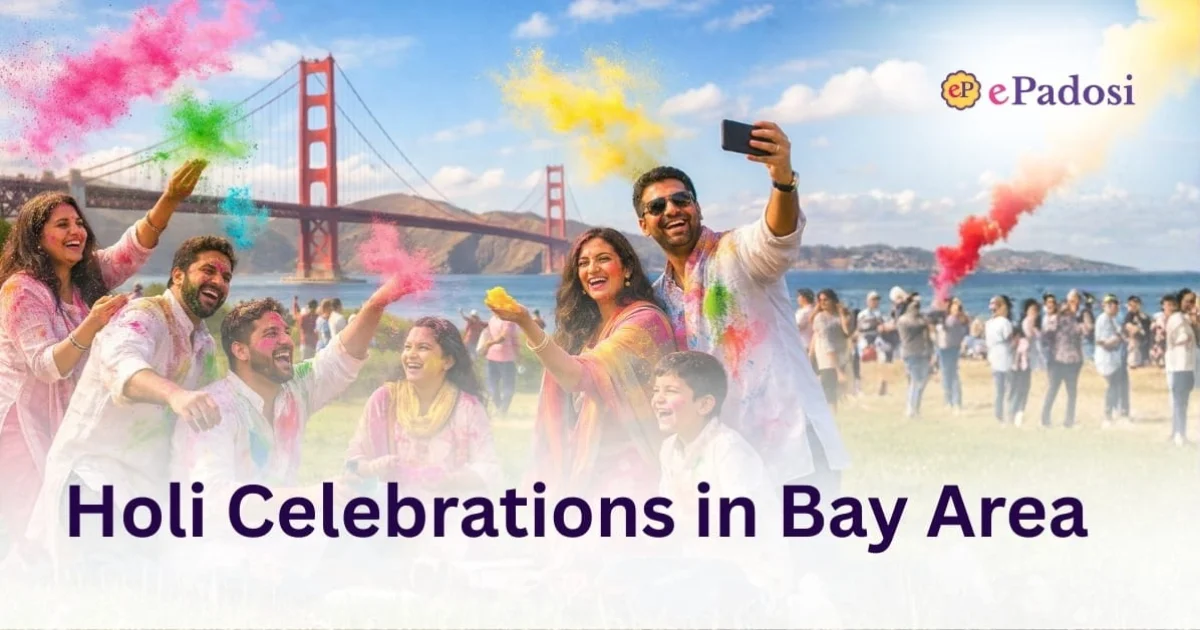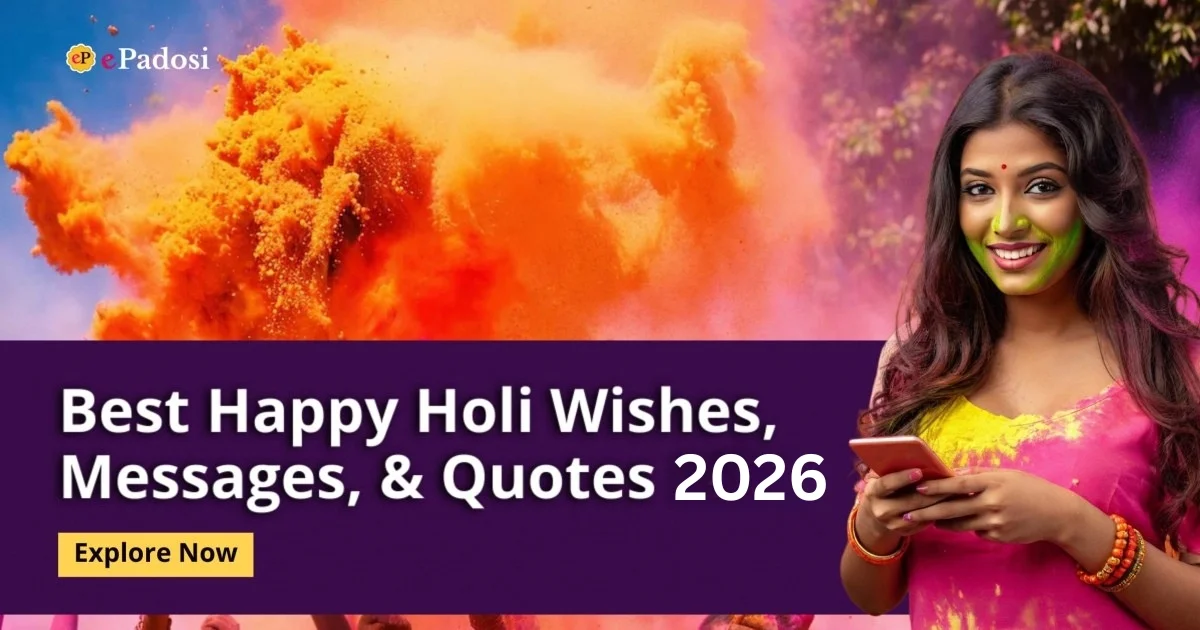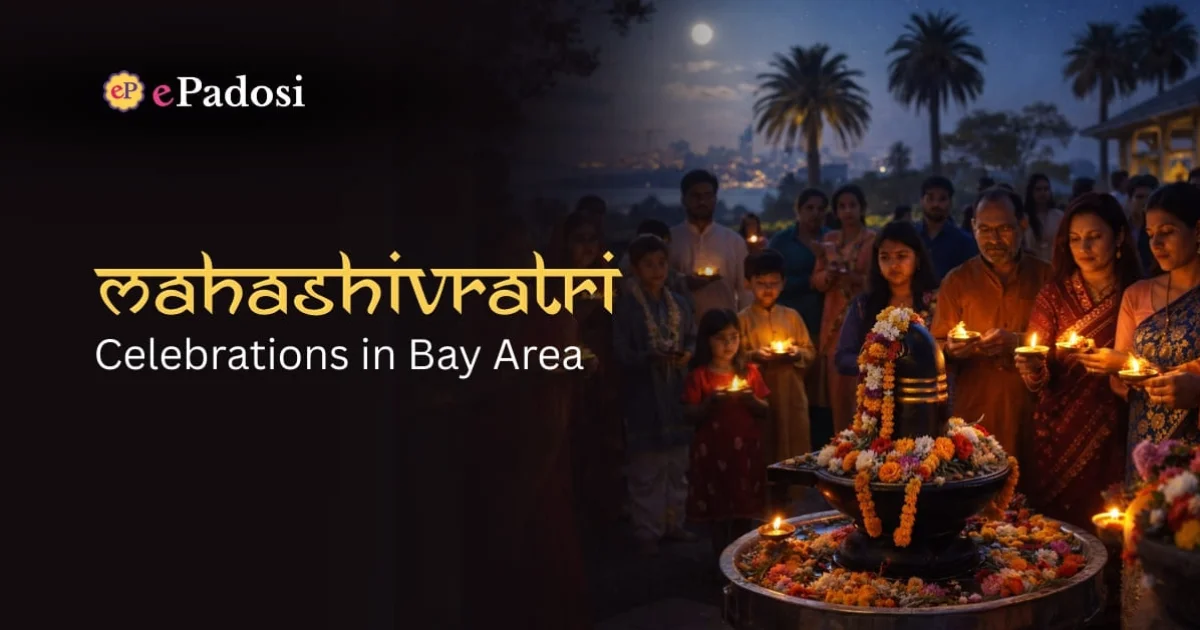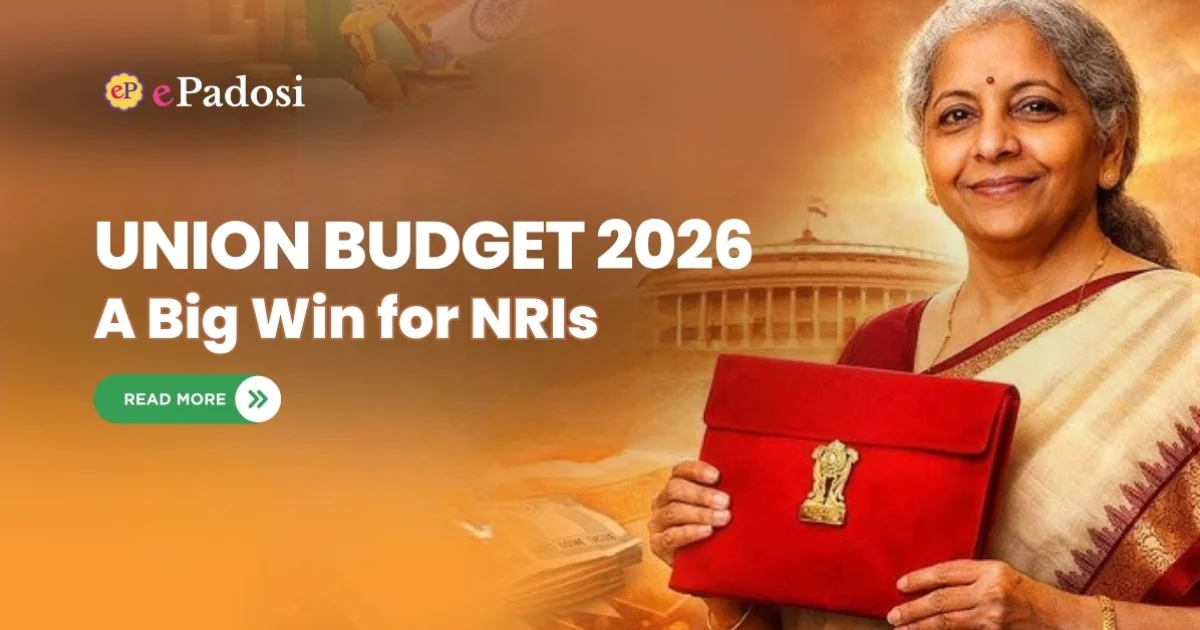

Holi, known as the Festival of Colors, is a dazzling and joyous celebration deeply embedded in Hindu culture. It marks the arrival of spring, symbolising the victory of good over evil, and emphasises the themes of love and unity. Celebrated with exuberance across India, Holi has regional variations but maintains a common thread of vibrant colours, lively festivities, and cultural significance.
Holi typically takes place on the last full moon day of the lunar month of Phalguna, usually falling in February or March. The festival spans two days, although the specific rituals and customs can vary across different regions of India.
Holi is characterised by its lively and colourful celebrations. People come together in open spaces, streets, and public squares armed with dry powdered colours, water-filled balloons, or water guns. Laughter, music, and dance fill the air as individuals playfully apply vibrant colours on each other's faces and exchange greetings and sweets.
The festivities kick off with Holika Dahan, an evening bonfire that symbolises the triumph of good over evil. People gather around the bonfire, singing religious songs, performing prayers, and making offerings to deities. This ritual sets the stage for the colourful revelry that follows.
Holi holds immense cultural significance in India, with deep-rooted connections to various mythological stories. The most renowned legend is the tale of Prahlada and the demoness Holika. Prahlada's devotion to Lord Vishnu shielded him from Holika's destructive powers, making Holi a celebration of the victory of good over evil.
The festival also promotes social unity and forgiveness. During Holi, social barriers are temporarily set aside, and people from all walks of life come together to celebrate. It fosters a sense of unity, harmony, and brotherhood, encouraging individuals to let go of past grievances and embrace each other with colours and warm wishes.
Holi is not just about colours; it's also a time for indulging in delicious traditional sweets and snacks. Special Holi delicacies like gujiya (sweet dumplings), malpua (pancakes), and thandai (a flavoured milk drink) are prepared and shared among friends and family, adding a sweet touch to the festivities.
While the core essence of Holi remains consistent, there are regional variations in the way it is celebrated. In Uttar Pradesh, the birthplace of Holi, cities like Mathura and Vrindavan host grand celebrations. In Punjab, Holi coincides with the Sikh festival of Hola Mohalla, adding a unique flavour to the festivities.
Holi is not confined to one region; it is celebrated throughout India with different traditions and customs. The celebrations are particularly vibrant in the Golden Triangle of Delhi, Agra, and Jaipur. In Delhi, the streets come alive with people of all ages smearing coloured powders and water at each other, creating a lively carnival atmosphere.
In West Bengal and Odisha, Holi is celebrated as Dol Jatra, dedicated to Lord Krishna. The tradition involves the smearing of coloured powders and throwing colours on idols of Krishna and Radha.
As Holi continues to evolve, there's a growing awareness of environmental sustainability. Traditional natural colours have given way to synthetic ones, prompting a movement towards eco-friendly celebrations. Using washable natural colours or water-based commercial pigments helps maintain the festive spirit while being mindful of the environment.
Holi, the Festival of Colors, stands as a testament to the rich cultural tapestry of India. From its ancient origins to the modern-day celebrations, Holi brings people together in a vibrant and joyous celebration of life, love, and unity. The diverse regional variations add unique flavours to the festivities, making Holi a truly inclusive and dynamic cultural experience that resonates not only across India but also around the world.
Discover Holi Events in Bay Area




